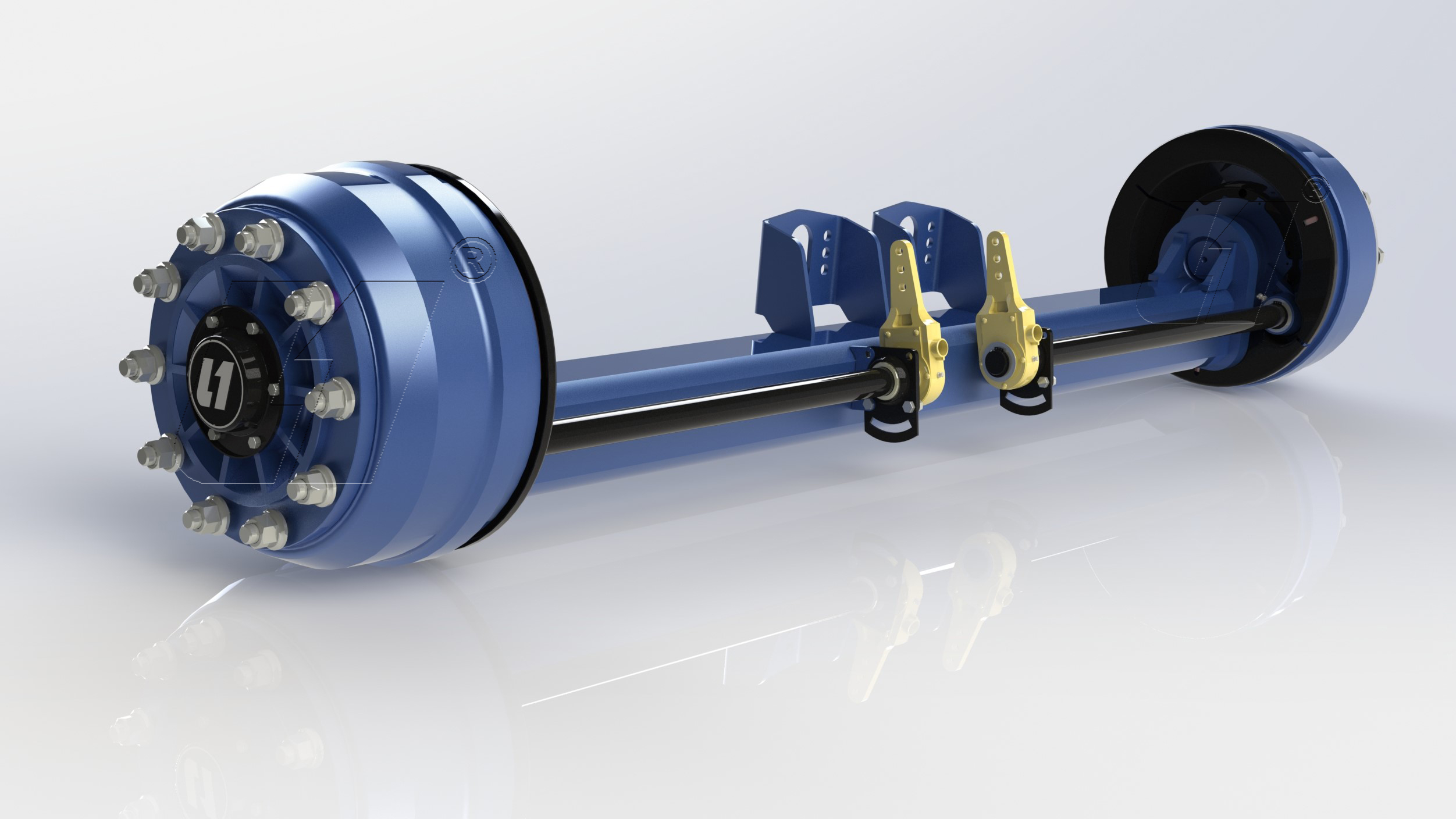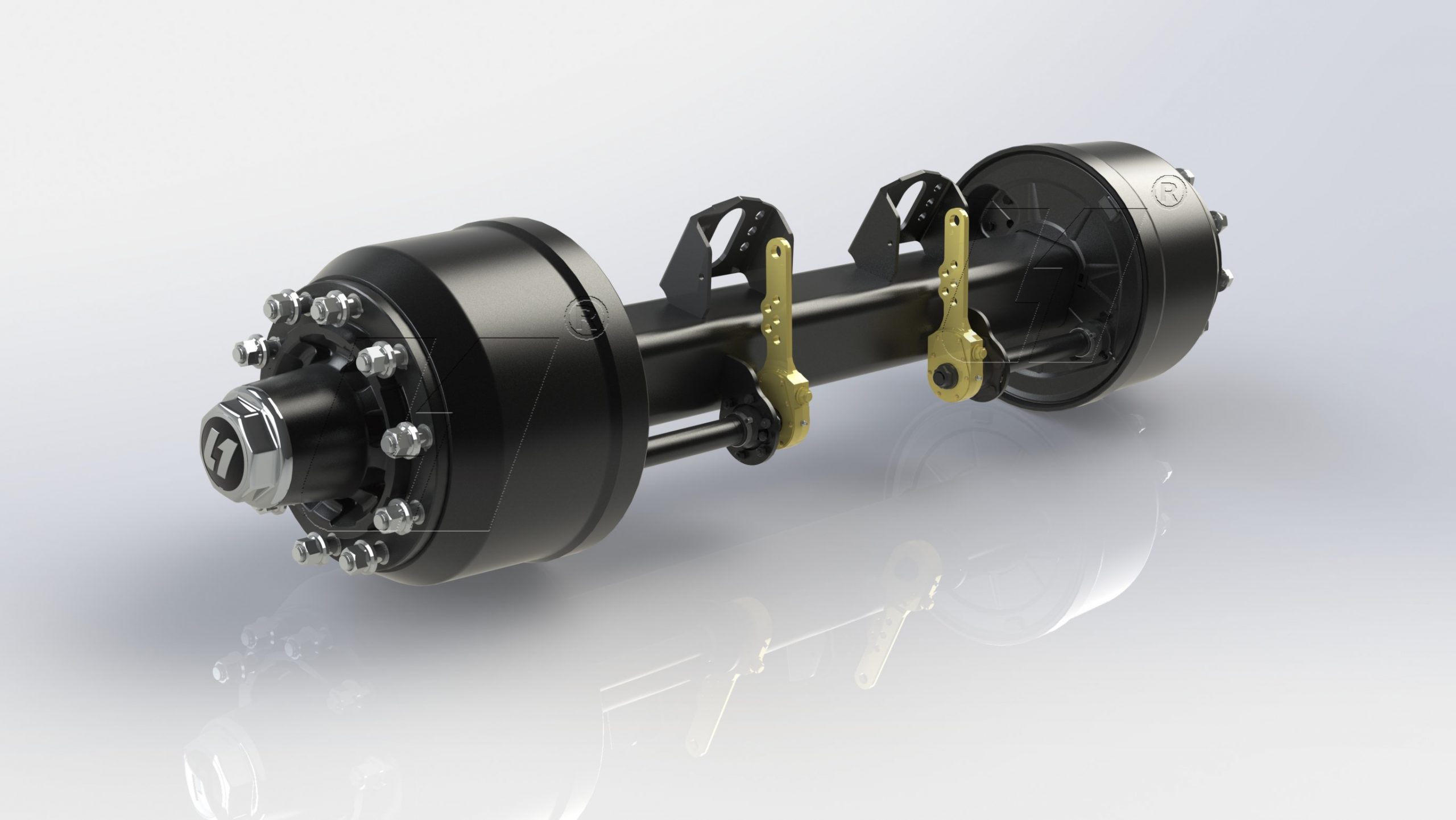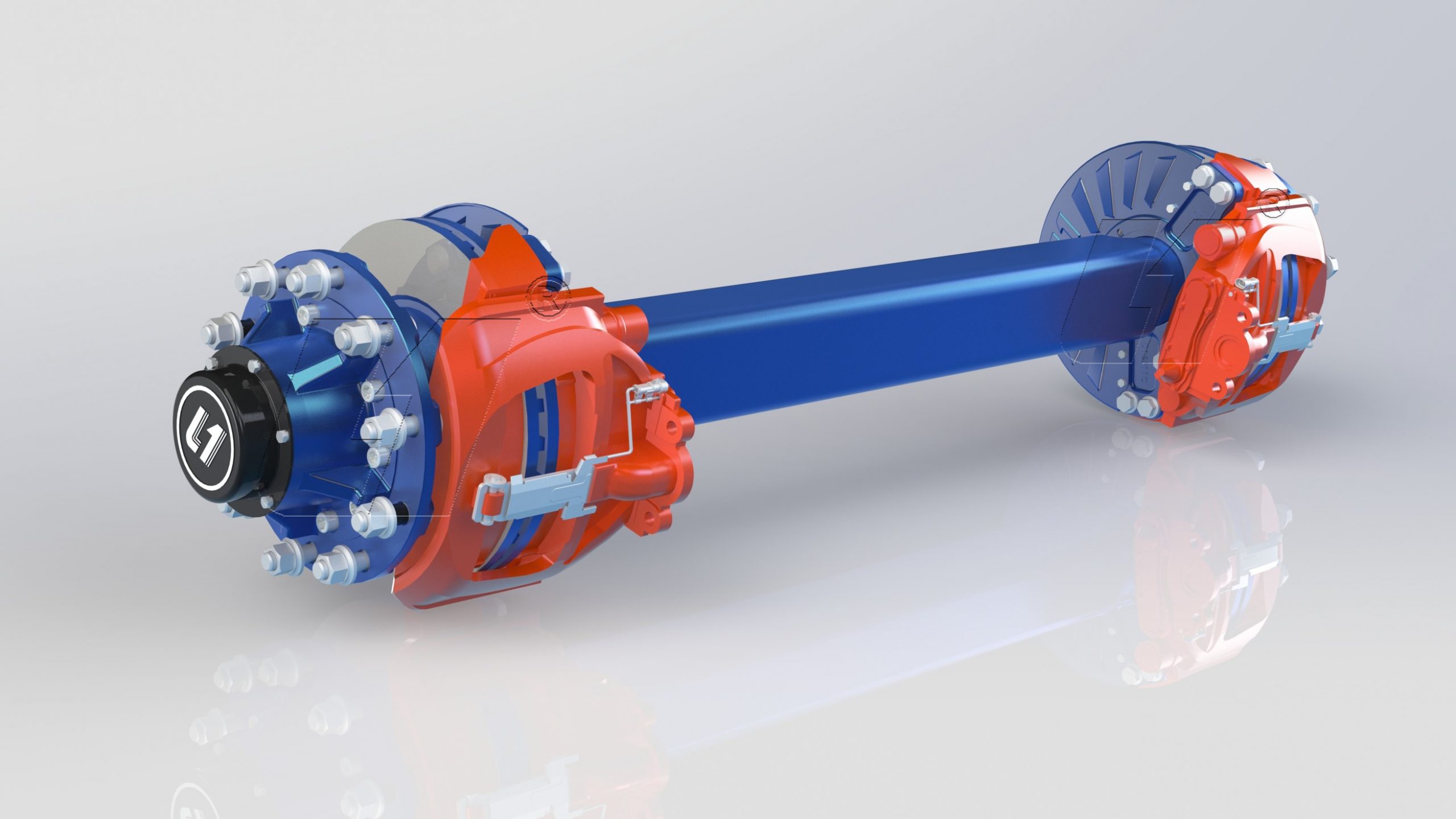Types of Axles: Everything You Need to Know
Axles are essential components of vehicles and machinery, serving as the central shafts that rotate to transmit power or support weight. They come in various types, each designed for specific applications and functions. In this article, we will explore the different types of axles commonly used and their unique characteristics.
1. Straight Axle:
A straight axle, also known as a solid axle or beam axle, is a single shaft that spans from one wheel to the other on the same axle line. It is commonly found in older vehicles, trucks, and heavy-duty machinery. Straight axles are robust and straightforward in design, making them suitable for heavy loads and off-road applications. However, they tend to provide a rougher ride and less independent suspension compared to other axle types.
2. Independent Front Suspension (IFS) Axle:
In vehicles with independent front suspension, each front wheel has its own suspension system and axle. This design allows each wheel to move independently, providing a smoother ride and better handling. IFS axles are commonly used in most modern passenger cars and light trucks.

American Car Transport Trailer Tyre Axle
3. Independent Rear Suspension (IRS) Axle:
Similar to IFS, independent rear suspension axles provide independent movement for each rear wheel. This design is often found in sports cars, luxury vehicles, and some high-end SUVs. IRS axles improve ride comfort, handling, and overall vehicle stability.
4. Live Axle (Dead Axle):
A live axle, sometimes referred to as a dead axle, is an axle that does not transmit power and is primarily used for support. In some cases, it may be non-driven and only serves to support the weight of the vehicle or machinery. Live axles are commonly found in trailers, where they bear the load but do not contribute to propulsion.
5. Drive Axle:
A drive axle is responsible for transmitting power from the engine to the wheels. In most rear-wheel-drive vehicles, the rear axle is a drive axle. In front-wheel-drive vehicles, the front axle is typically the drive axle. In all-wheel-drive or four-wheel-drive vehicles, multiple axles may serve as drive axles, delivering power to all wheels for improved traction.

German Drum Wheel Shaft For Heavy Duty Trailer
6. Steering Axle:
The steering axle, also known as the front axle, is responsible for steering the vehicle. In many cases, it is a front live axle that connects to the steering mechanism. This axle allows the driver to control the direction of the vehicle.
7. Tag Axle:
A tag axle is an additional axle often added to heavy-duty vehicles, such as motorhomes and large trucks. It is not a drive axle but serves to support and distribute the weight more evenly, improving stability and load-carrying capacity. Tag axles can be raised or lowered as needed, depending on the load and road conditions.
8. Tandem Axle:
A tandem axle configuration consists of two axles placed close together on the same axle line, typically seen on trailers and heavy trucks. This design helps distribute weight more evenly, providing better load-carrying capacity and stability.

Disc Brake Wheel Axle For Semi Trailer-new
9. Trailing Axle:
A trailing axle is an auxiliary axle that can be added to the rear of a vehicle, often used in trucks to increase load capacity while maintaining maneuverability. Trailing axles can be lifted when not needed to reduce tire wear and improve fuel efficiency.
10. Drive-Steer Axle:
Some specialized vehicles, such as buses and certain construction equipment, use drive-steer axles. These axles can transmit power to the wheels while also allowing steering, offering enhanced maneuverability and control.
In conclusion, axles play a critical role in the performance and functionality of vehicles and machinery. Understanding the different types of axles and their applications is essential for vehicle design, maintenance, and optimization. Whether it’s providing power, support, or steering capability, each axle type has its unique purpose and advantages.
Yonglitai has professional equipments to assure the volume-producing and quality. The research and design departments supply the individuation design to meet the customers’ special demand on the axles and suspensions.
Looking for ideal Axle Manufacturer & Supplier? We have a wide selection at good prices to help you get creative.


